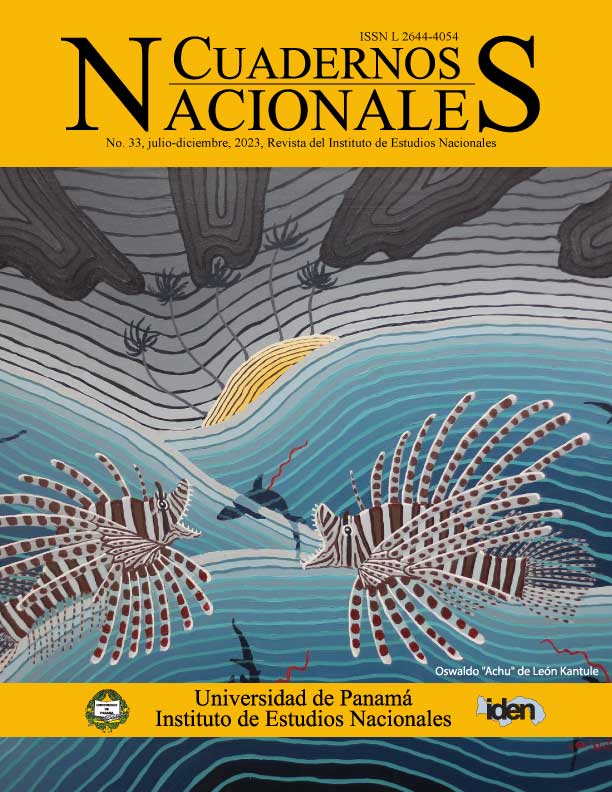

Copyright (c) 2023 Cuadernos Nacionales

This work is licensed under a Creative Commons Attribution-NonCommercial-ShareAlike 4.0 International License.
The objective was to estimate the probability of catastrophic health spending and assess the implications for the country's health policy. The source of information is the 2019 National Health Survey, version of the adult, which consists of 17,997 records and is a multicenter study of national scope. The relative risk (Odd Ratio) was estimated using a Logit model conditioned to social security tenure, based on which the probabilities of catastrophic health expenditure in education and employment condition were estimated, which proved to be the most significant factors of incidence in catastrophic expenditure. Catastrophic spending on health is one of the most important social determinants that can push many families into poverty not only in Panama, but also in developed countries. For this reason, health policies should focus on universal access to health services. In conclusion, social security, being busy and having a greater education, are the three fundamental determinants to avoid the risk of catastrophic spending on health. This implies that the discussion on the reform of the health system, especially on social security, aims to guarantee the coverage and access of the population to health services, which implies that the labor market has the capacity to replace informal employment with formal employment, and this should be the center of the debate today.